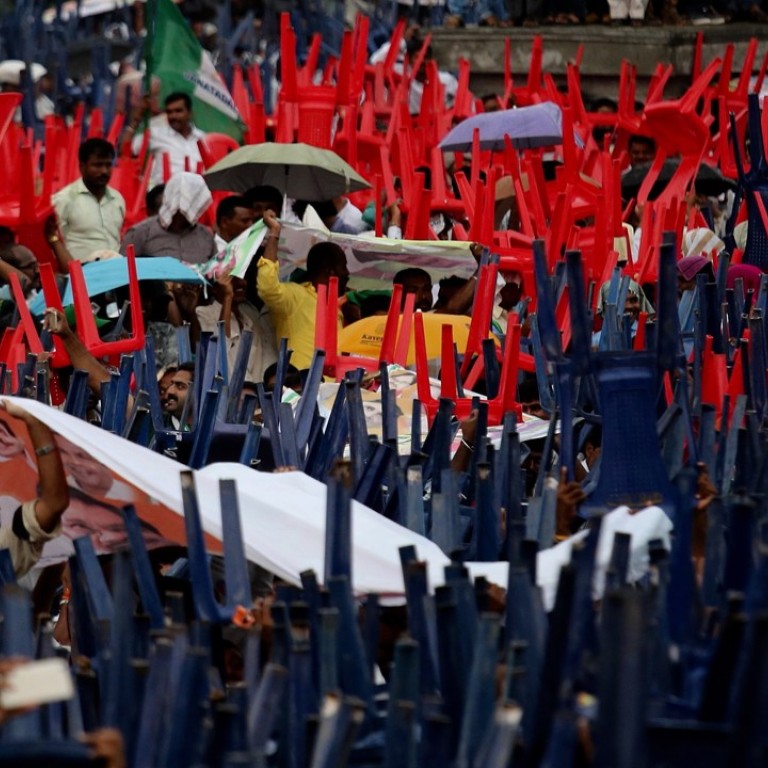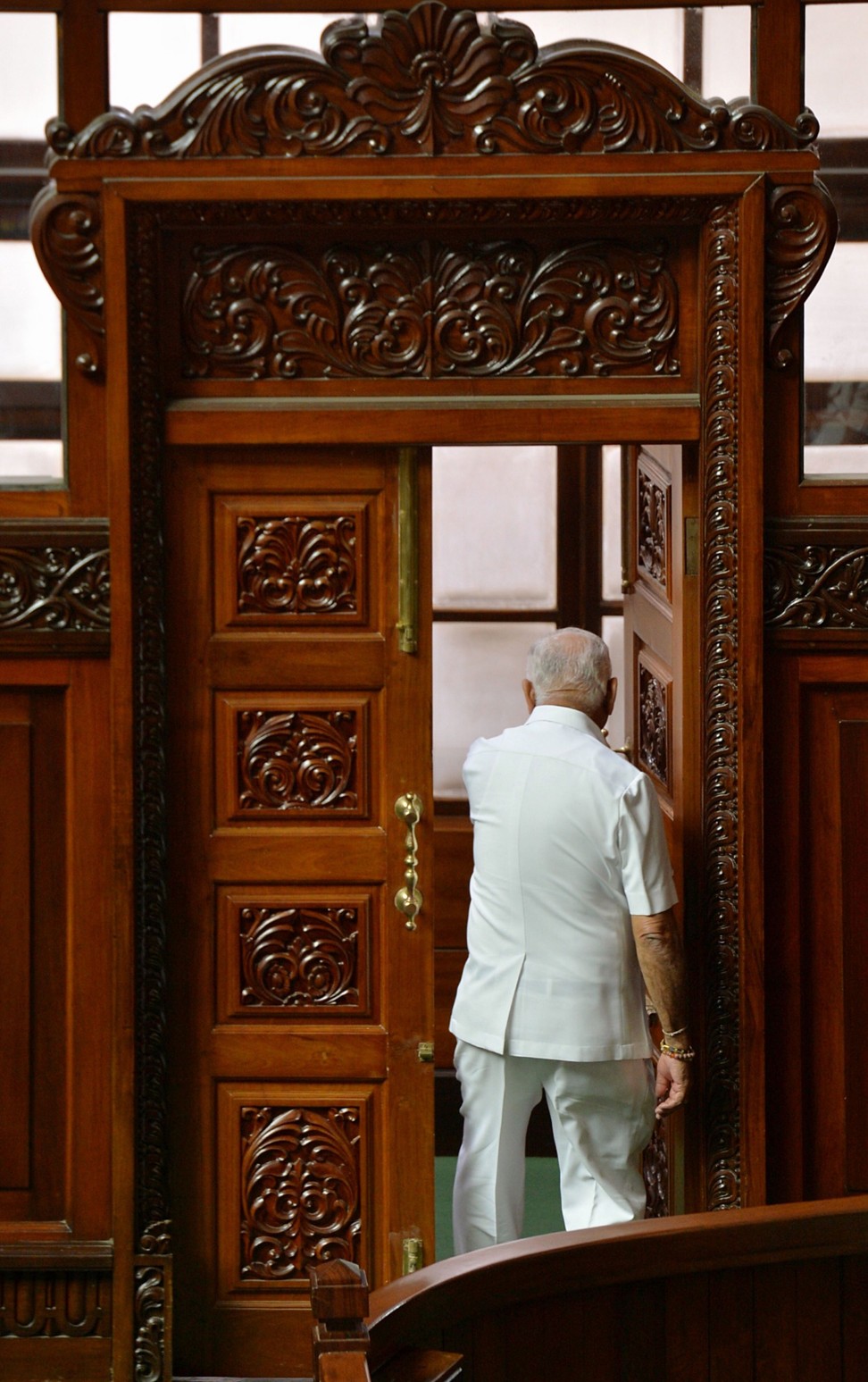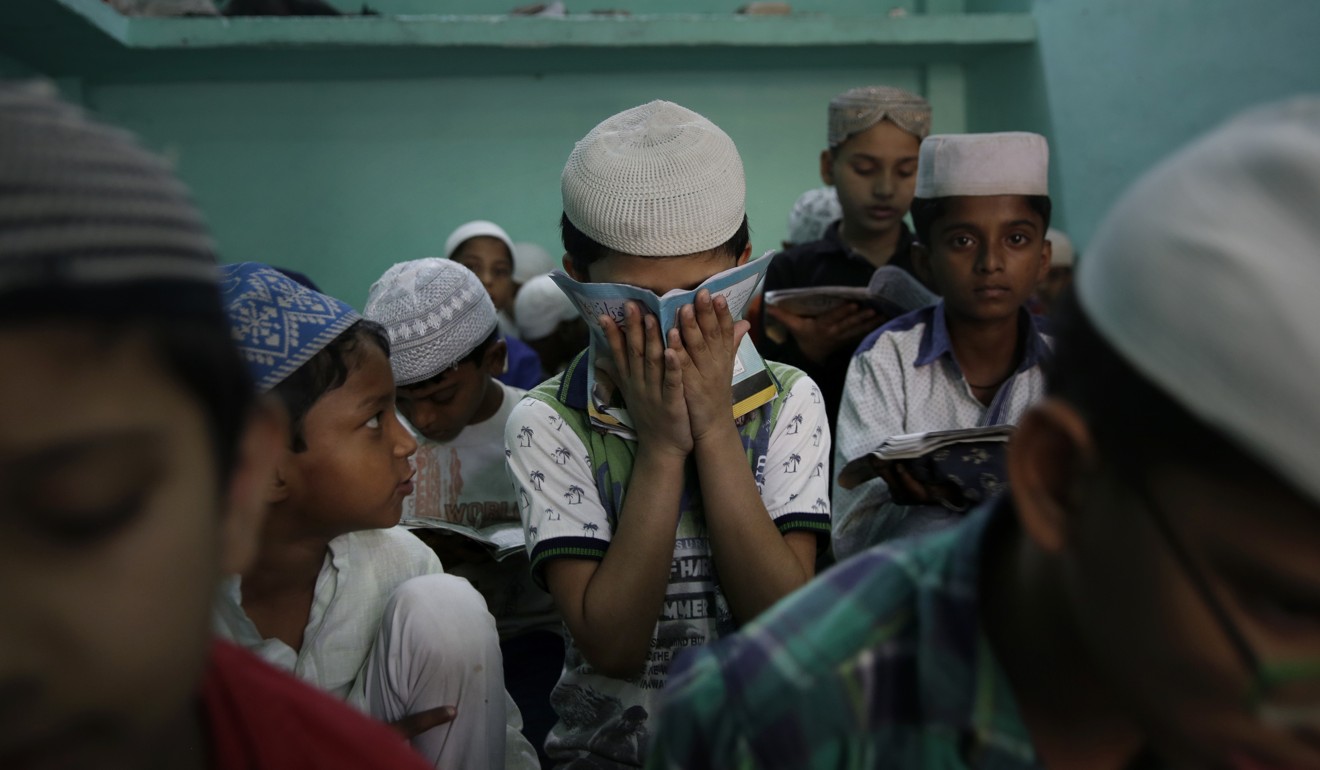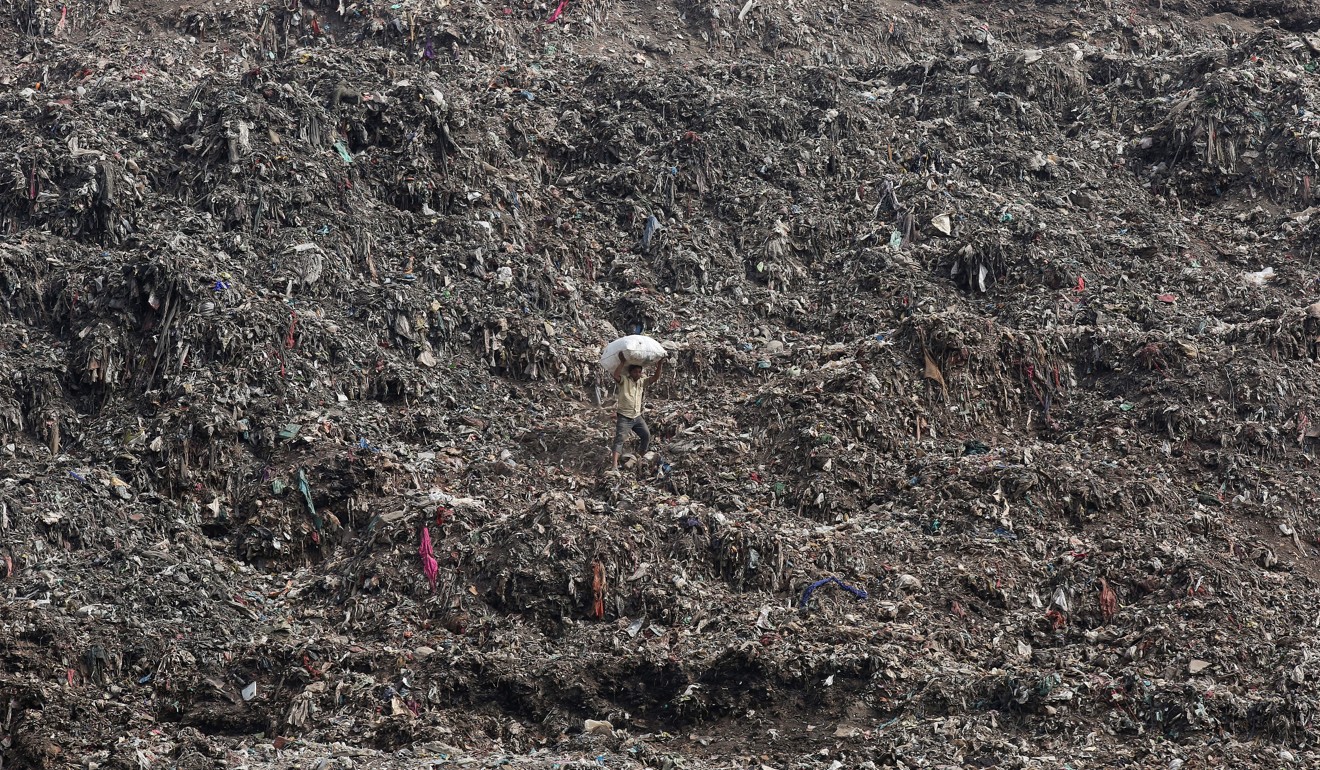
India proves democracy is no longer fit for purpose, while China’s model shows the way
Deep K. Datta-Ray says democracy’s reliance on people’s ability to be rational is its fatal weakness. While malfeasance in politics, poverty and inequalities hold back progress in India, China is charging ahead in delivering economic growth, and freedom for its people
Nearly 90 per cent of India’s population voted the Bharatiya Janata Party (BJP) into power regionally because they accepted its outlandish claims. Modi, for instance, asserts ancient Indians invented genetic surgery and that climate change is just people feeling colder.

Democracy’s dependence on the democratic principle to animate institutions fatally undermines it because, paradoxically, democracy is eroded by the very politics it countenances. The politicisation of India’s provincial judiciary has now reached the apex court. The Supreme Court is embroiled in an ugly imbroglio to impeach the chief justice. The opposition brought the motion, alleging politically motivated assigning of cases to judges.
Meanwhile, everyone knows justice hinges on wealth and power. Its operation was highlighted, again, by a politician’s son – no less – getting away with murder in February 2006.
Legislative inequality is also distressing. Minorities are disproportionately under-represented in Parliament, by design. In 2014, of the BJP’s 482 candidates, just seven were Muslim. None won. Muslims are roughly 4 per cent of Parliament, but 14 per cent of the population.

The story is replicated in the provincial parliaments. There, as of January, only four of the 1,418 members are Muslim. That the number of minorities exceeded 300 as recently as November 2014 reiterates that the BJP’s democratic success is contingent on eliminating minorities from having any, let alone an equal, political voice.
Ultimately, however, a political system is by definition too grandiose to be judged technically. What matters is its moral accountability, and democracy’s bankruptcy is laid bare when the metric is the only one that matters: delivering freedom.
All Indian parties sing from the same democratic hymn sheet. Yet Indians continue to be subjugated, both absolutely and relative to other developing nations, by poverty. This is often blamed on the handicap of massive colonial exploitation, which developed Europe at India’s expense. But this blame culture divests leaders of any responsibility for having failed to free people, and even permits the erosion of what little freedom they enjoy. What democracy offers then is a powerful elite empowering itself by demonising the enemy without, and by exacerbating inequality within.

Watch: Donald Trump announces strikes on Syria
A pacific China is possible because its political system is moral in a manner impossible for democracies. China is moral for delivering freedom, more equitably and efficiently than, at the very least, India. Until the 1950s, India’s gross domestic product per capita was higher than China’s. In 1978, China’s was US$13 more than India’s.
In short, China’s political system, without deluding its people or resorting to international violence, ensures the elite deliver freedoms to the people in a manner unimaginable in India or other democracies. Representative is the freedom to travel and think. In 2017, just 16,000 Indians, versus 88,000 Chinese, were allowed to study in the UK.
Their predecessors imported democracy to Asia, but it is now time for Indians to reassess their inheritance and for the Chinese to disseminate the truth about democracy vis-à-vis Beijing’s system.
Deep K. Datta-Ray is the author of The Making of Indian Diplomacy

